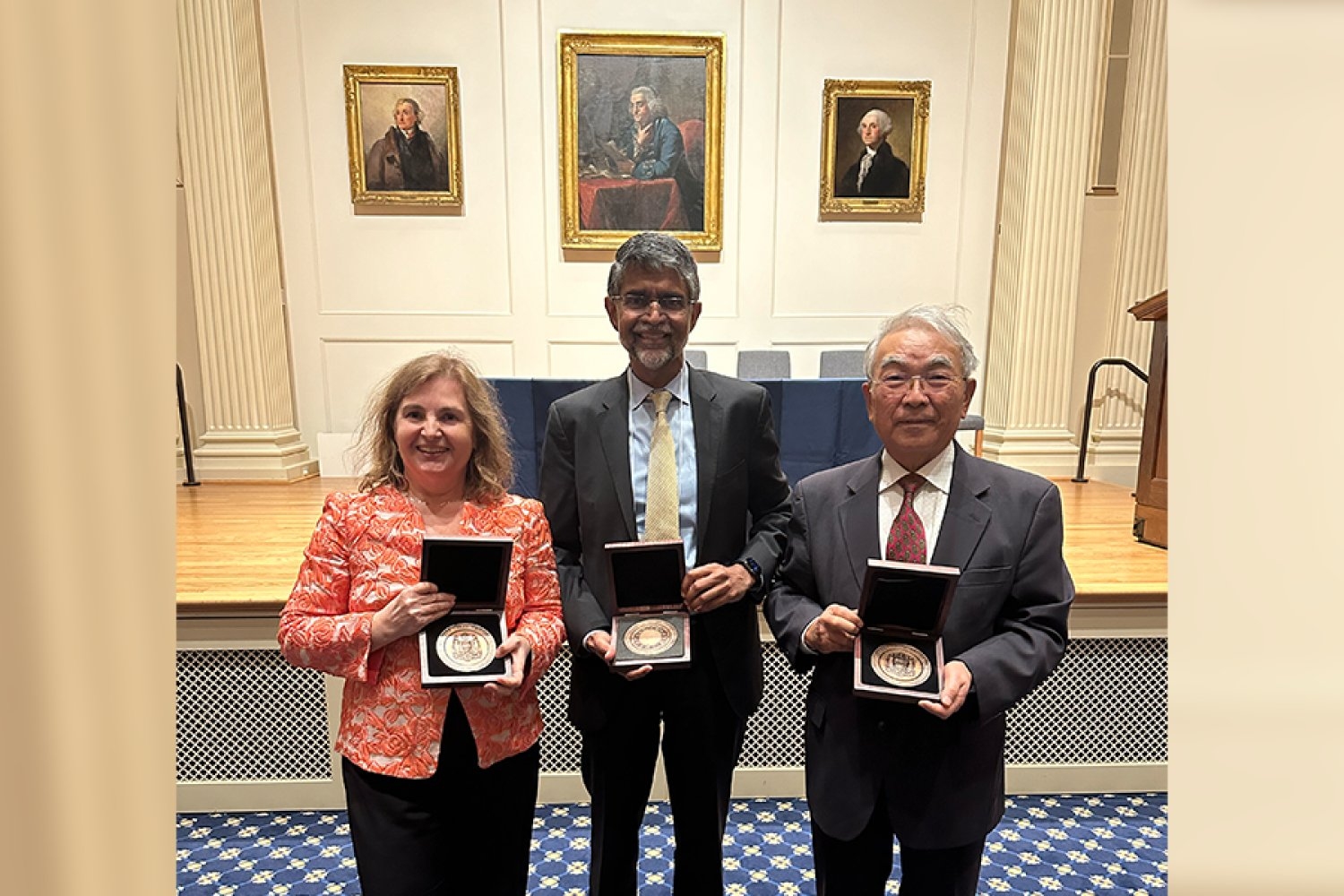
Daniela Rus, director of MIT’s Computer Science and Artificial Intelligence Laboratory and MIT professor of electrical engineering and computer science, was recently named a co-recipient of the 2024 John Scott Award by the board of directors of City Trusts. This prestigious honor, steeped in historical significance, celebrates scientific innovation at the very location where American independence was signed in Philadelphia, a testament to the enduring connection between scientific progress and human potential.
The Scott Award, the first science award in America established to honor Benjamin Franklin’s scientific legacy, recognized Rus alongside professors Takeo Kanade from Carnegie Mellon University and Vijay Kumar from the University of Pennsylvania. The award acknowledged her robotics research that has fundamentally changed our understanding of the field, expanding the very notion of what a robot can be.
Rus’ work extends beyond traditional robotics, focusing on developing machine intelligence that makes sense of the physical world through explainable algorithms. Her research represents a profound vision: creating robots as helpful tools that extend human strength, precision, and reach — as collaborative partners that can solve real-world challenges.
In her speech, Rus reflected on her time as a graduate student, where she mused that the potential for intelligent machines lies in the synergy between the body and brain. “A robot’s capabilities are defined by its physical body and the intelligence that controls it. Over the past decades, I’ve dedicated my research to developing both the mechanical and cognitive systems of robots, working alongside brilliant students, collaborators, and friends who share this transformative vision,” she said.
Her projects illustrate this commitment. The MiniSurgeon is a tiny ingestible origami robot that can remove dangerous button batteries from children’s systems. Soft robotic creatures like fish and sea turtles enable unprecedented aquatic exploration. Modular robotic boats can self-assemble into bridges and platforms, demonstrating adaptive intelligence. More recently, she helped invent liquid neural networks, inspired by the elegantly simple neural system of a tiny worm. By designing algorithms that can operate with as few as 19 neurons, Rus has shown how machines can navigate complex environments with remarkable efficiency.
When asked about her most impactful work, Rus was unequivocal in saying it was not the metal robots, but the students and researchers she was able to support and mentor. This statement encapsulates her deeper mission: not just advancing technology, but nurturing the next generation of minds.
“The hardest problems in AI and robotics,” she says, “require long-term thinking and dedication. A robot must not only perceive the world but understand it, decide how to act, and navigate interactions with people and other robots.”
The John Scott Award celebrates not just individual achievement, but also where scientific exploration meets compassionate innovation — as evidenced by previous luminary winners including Thomas Edison, Nikola Tesla, the Wright brothers, Marie Curie, Guglielmo Marconi, and 20 additional Nobel Prize winners.


